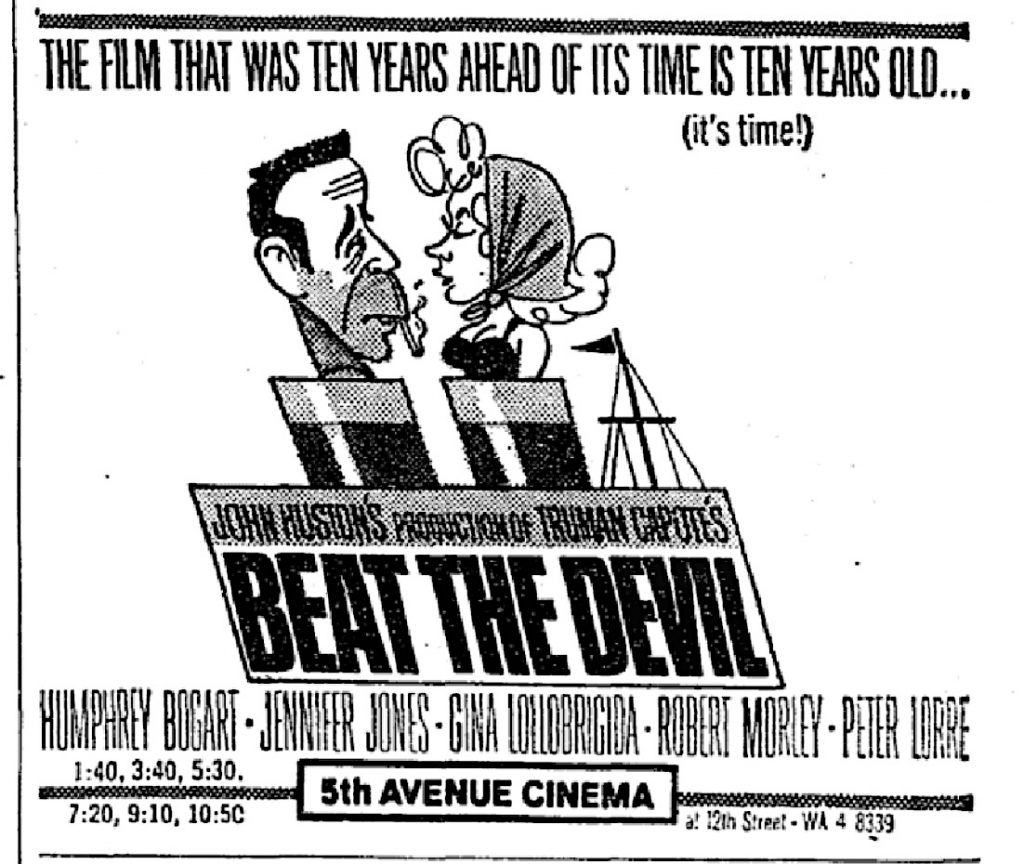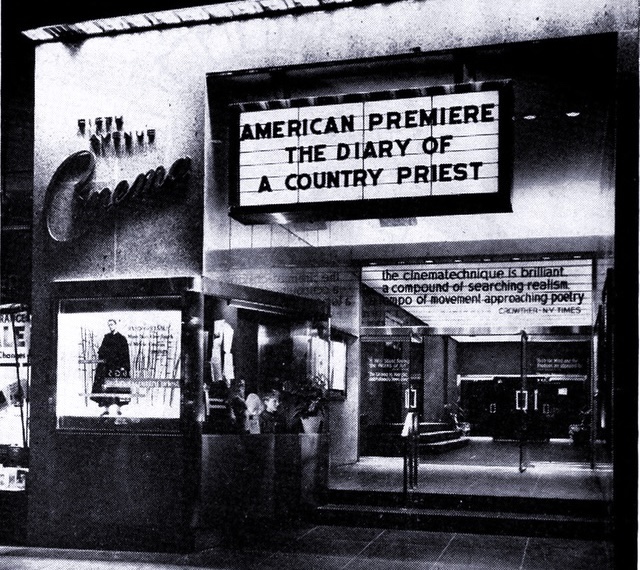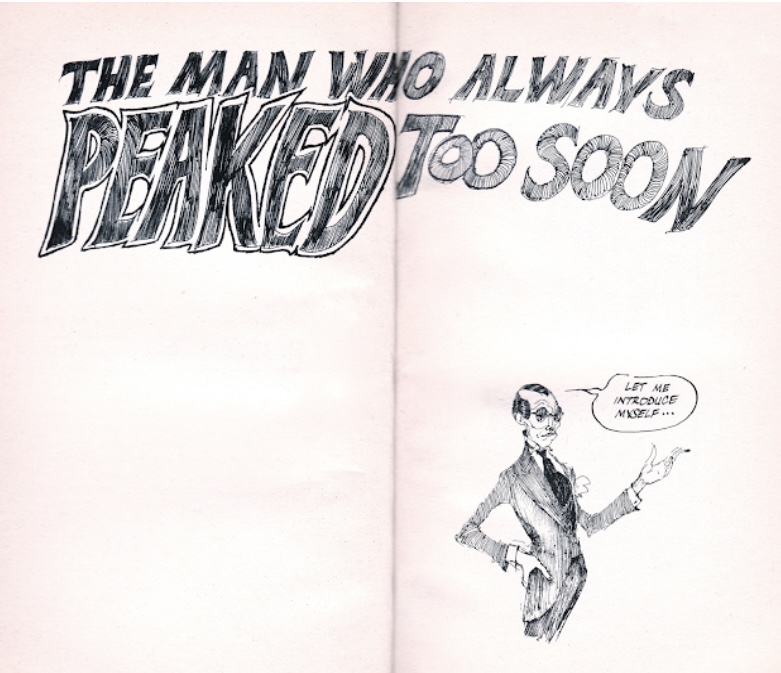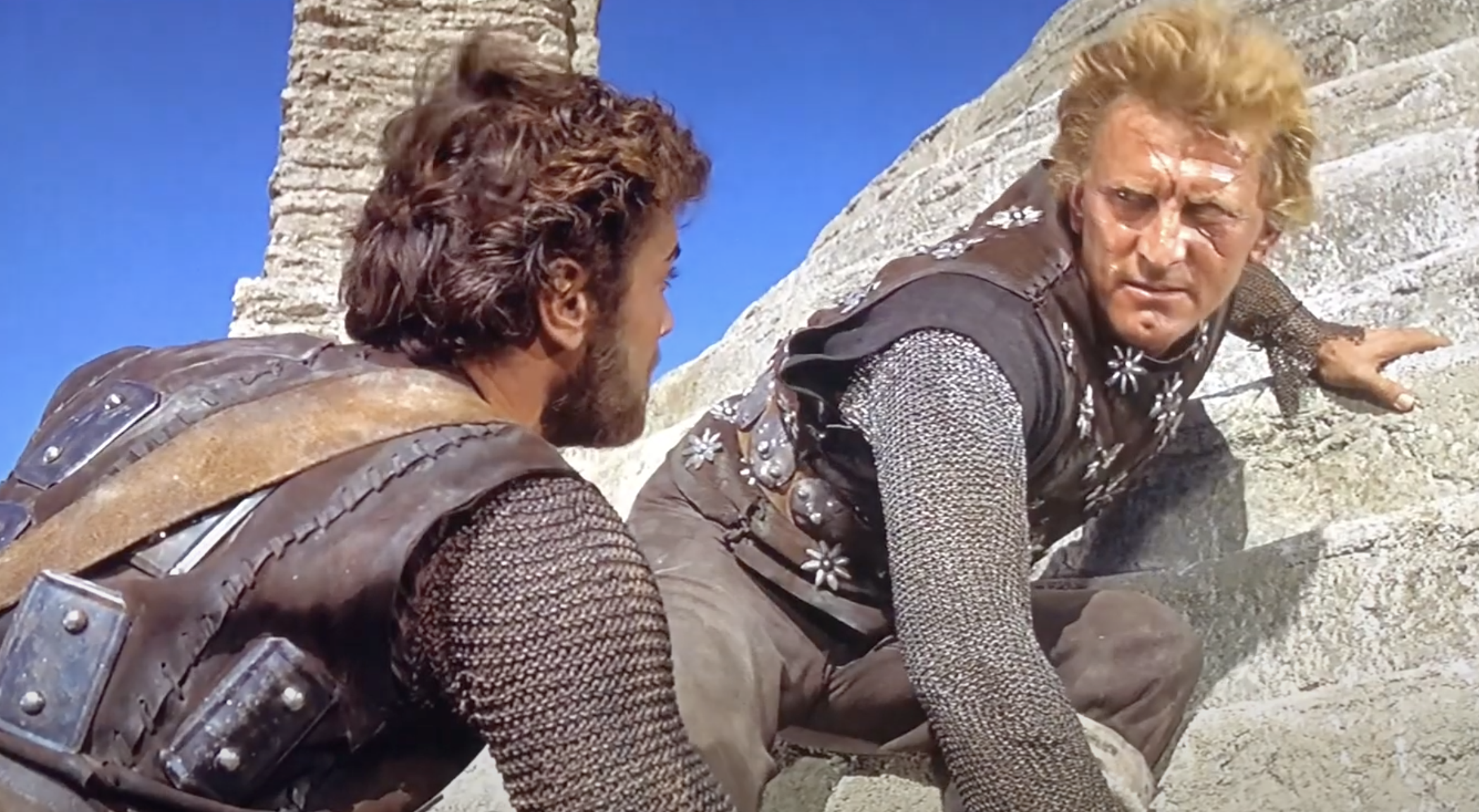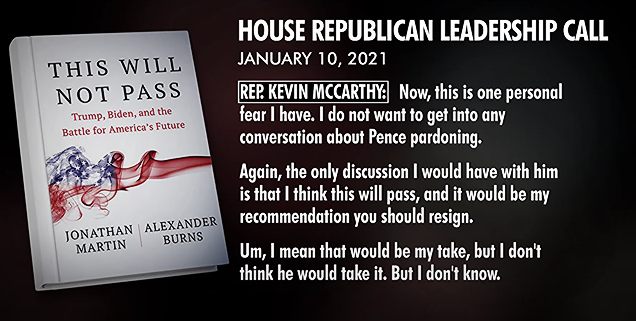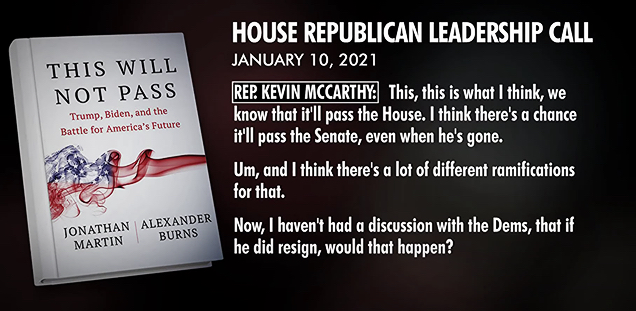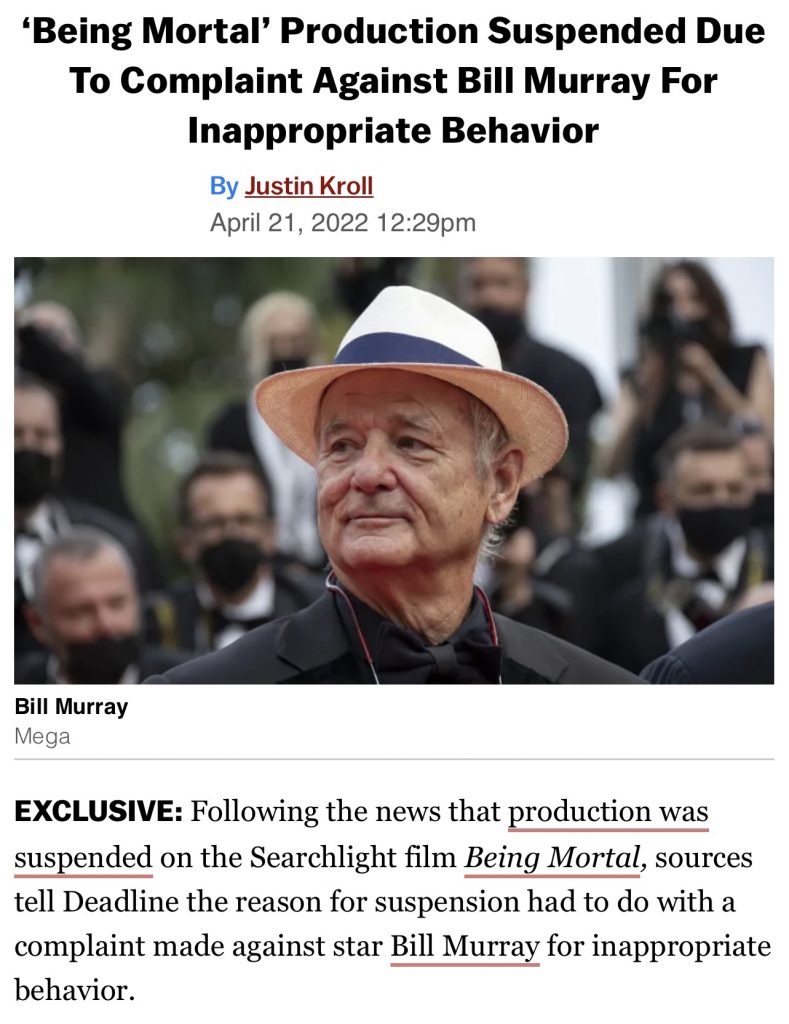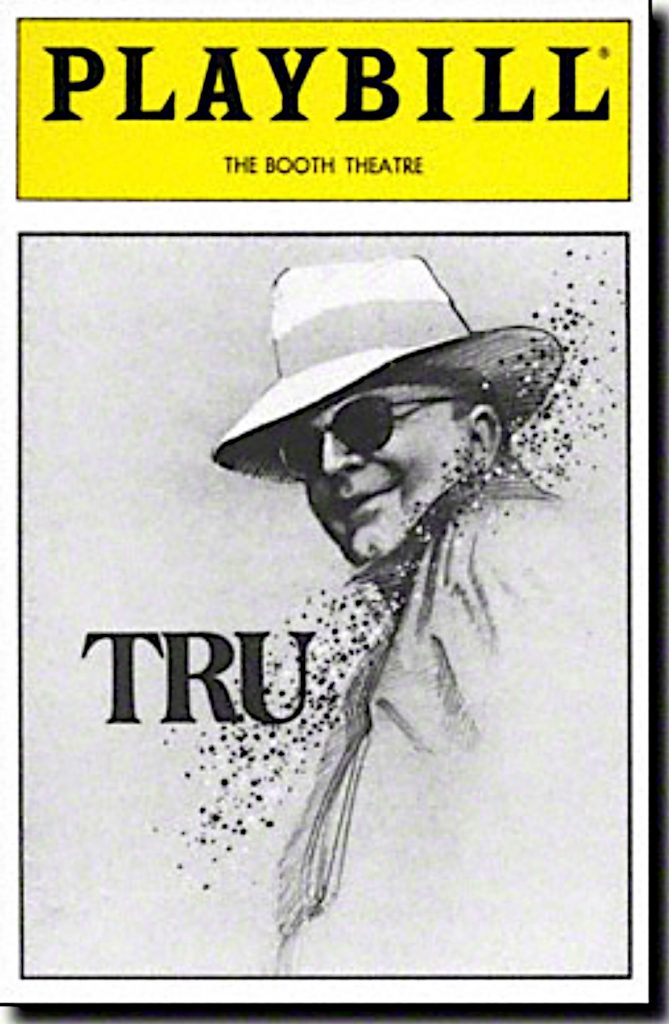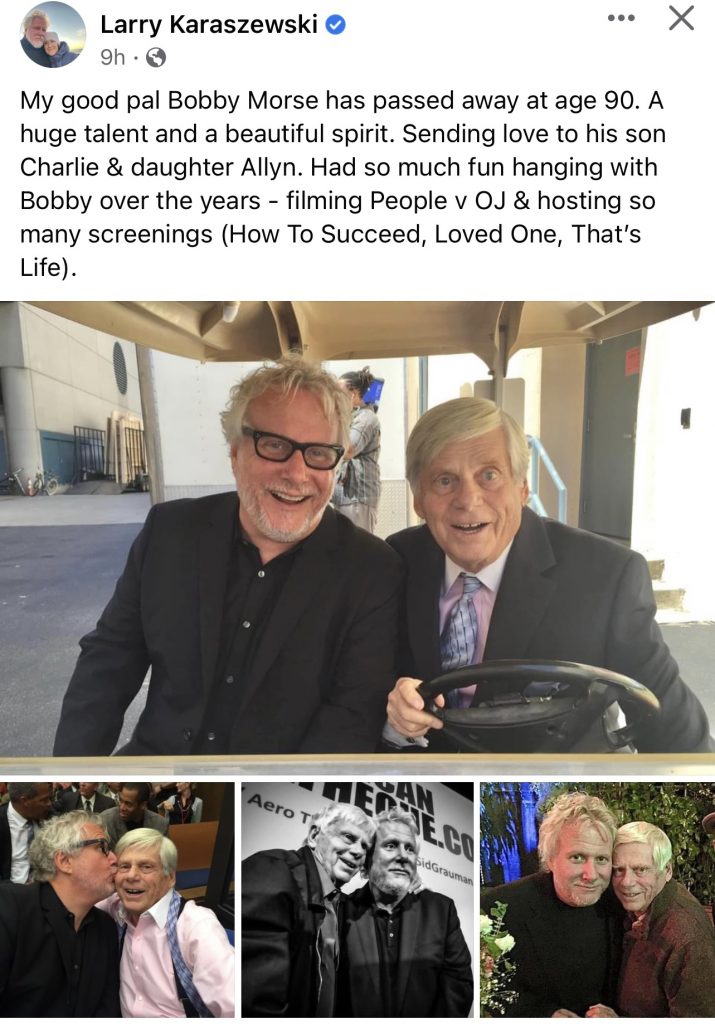Robert Eggers’ The Northman is my idea of an admirable smarthouse DOA movie — a film you have to see because it’s Eggers, even though it does little more than demonstrate his absolute devotion to a harsh and bludgeoning world — a 100% commitment to a blood-and-intestines Viking flick that you can’t feel anything from, much less care about.
You do, however, come away with serious respect for the fierce and fearless performances by Anya Taylor Joy and Nicole Kidman. Seriously. I would give Kidman the edge — she really jumps into a boiling cauldron. One of the best lady villains ever.
Did Eggers actually say to that New Yorker interviewer that this version of The Northman (i.e., Focus Features pressed him for changes) is more commercial or entertaining than his own directors’ cut? Good God.
Give Eggers credit, at least, for going whole hog and not backing away from the extreme brushstrokes. But c’mon, man…The Northman is way, WAY too grim and gutty for its own good, or for anyone else’s.
The craft levels are tip-top but it immerses you so fully in dampness and cold and misery and sword wounds, and the killings are so extreme that it gradually tips into dark humor. One particular sword killing got the biggest laugh, but otherwise there’s nothing to feel or reflect upon. or thematically sink into.
It’s a tale about honor and obsessive revenge, obviously, but the focus is so invested in grotesque machismo — slashings, stabbings, howling, decapitations (including the first horse to lose its head since The Godfather), screaming — that I began to numb out after the first hour or so.
It’s almost entirely about brutality, savagery, top-tier production design (ninth century) and dazzling visual compositions from dp Jarin Blaschke. But story or character-wise there’s so little to invest in and the ending is so dismaying…it’s almost more of an extended technical demo reel than a film.
How many times did I hear scowling, sword-bearing warriors shouting at the top of their lungs “rrooaalrrraugHHHHRRR?”
Earlier notes: Technically and compositionally first-rate, at times amusingly ultra-violent, The Northman delivers the kind of suffocating, soul-draining ordeal that only a major artist could have provided.
I loved Eggers’ The Witch and The Lighthouse but I pretty much felt nothing this time around.
Excessive isn’t the word — startling, repetitious, numbing, eye-filling, confounding and yet all of a single harmonious compositional piece. Obviously the work of a serious artist. Handsome, exquisitely composed and about as bereft of humanity as a film in this vein could possibly be.
A few days ago a female producer friend told me it’s an empty film and that there’s no “there” there. She was right.
